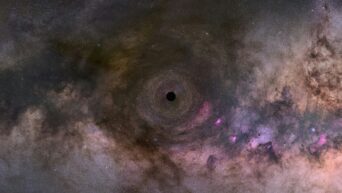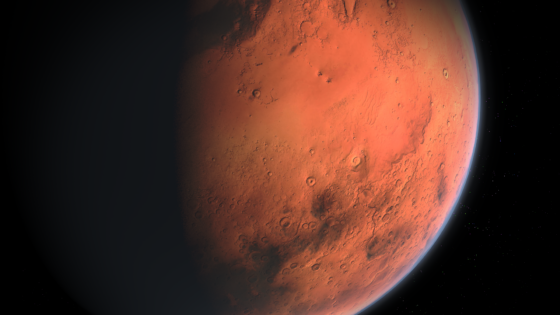Anything’s better than letting just sit there.
Nuclear power produces a metric whoa-ton of energy, which is great. What’s less great is the amount of waste it produces. The depleted uranium that is left over from nuclear fusion can’t be burned, dissolved, evaporated, or otherwise destroyed in any efficient, safe way. All we can do is store it somewhere far away from people, which is very much a temporary solution. There have been talks of using it for weaponry, but that has “Massive Ethical Crisis” written all over it, so let’s maybe not do that. Luckily, a team of chemists from the University of Sussex may have finally discovered a use for this caustic trash.
According to a paper published in the Journal of the American Chemical Society, depleted uranium can be utilized as part of a special chemical catalyst. Using this catalyst, certain chemicals can actually be converted into entirely different chemicals, with the example cited being ethylene into ethane. Not only could this finally serve as a safe use for dangerous radioactive waste, it could also allow chemists to create an effectively endless supply of valuable substances.
“The ability to convert alkenes into alkanes is an important chemical reaction that means we may be able to take simple molecules and upgrade them into valuable commodity chemicals, like hydrogenated oils and petrochemicals which can be used as an energy source,” said Professor Richard Layfield, one of the paper’s authors.
Chemical conversion is already a thing, but the additional benefit of utilizing depleted uranium makes this new process very promising. It definitely beats digging more holes in the ground to bury chemical drums in.

































